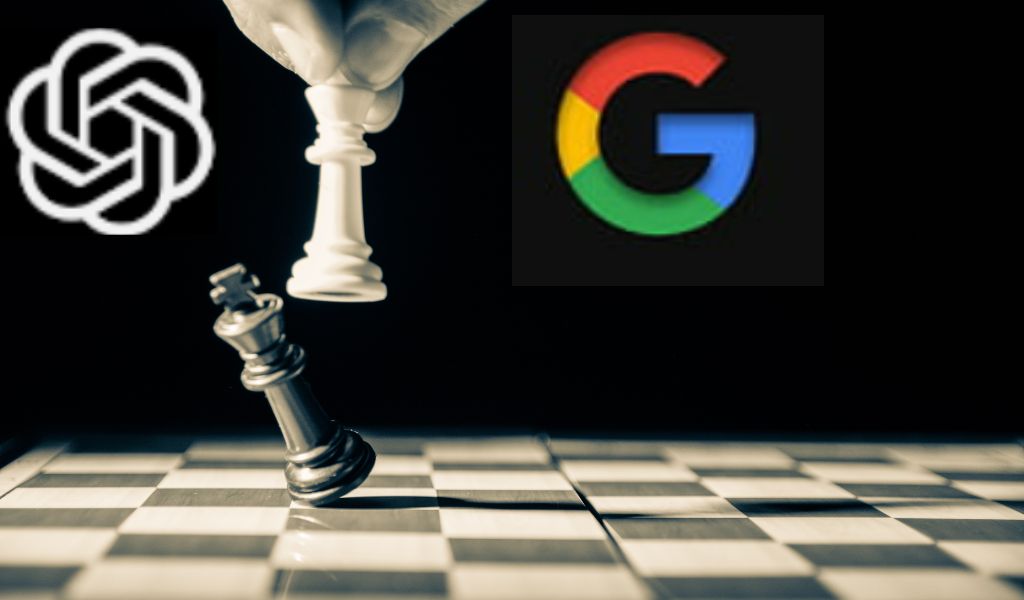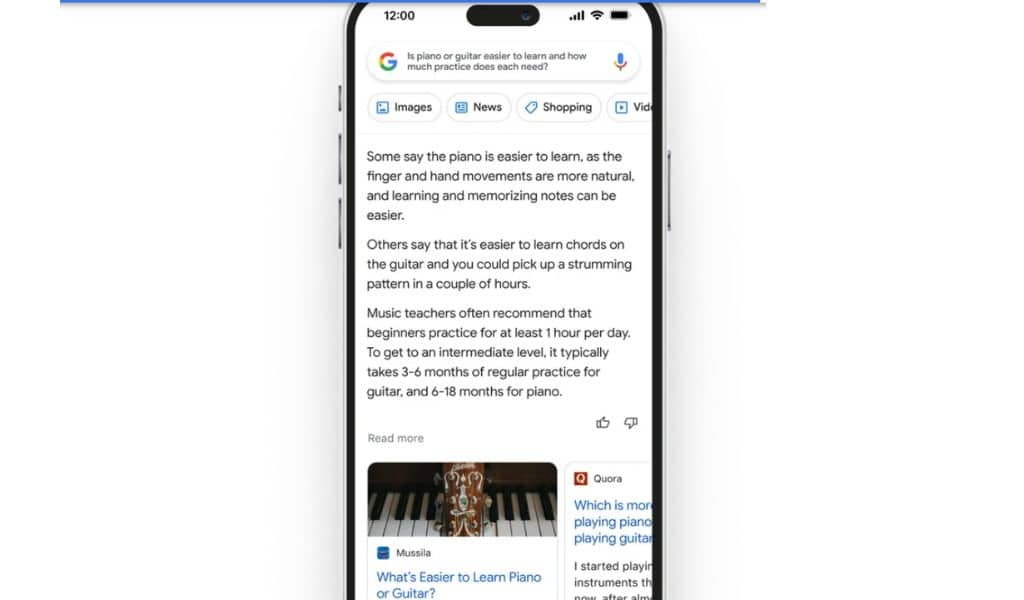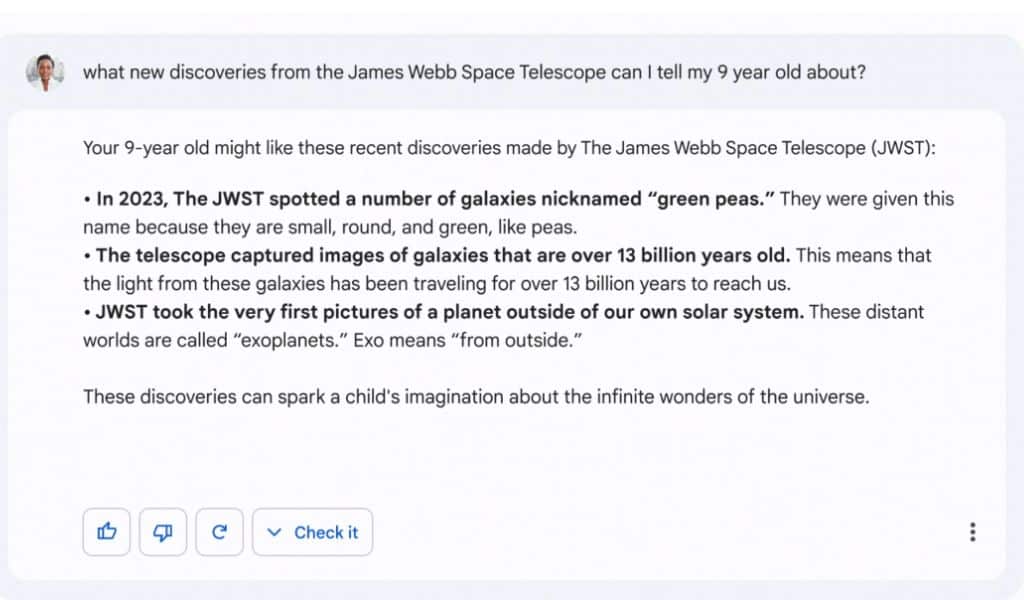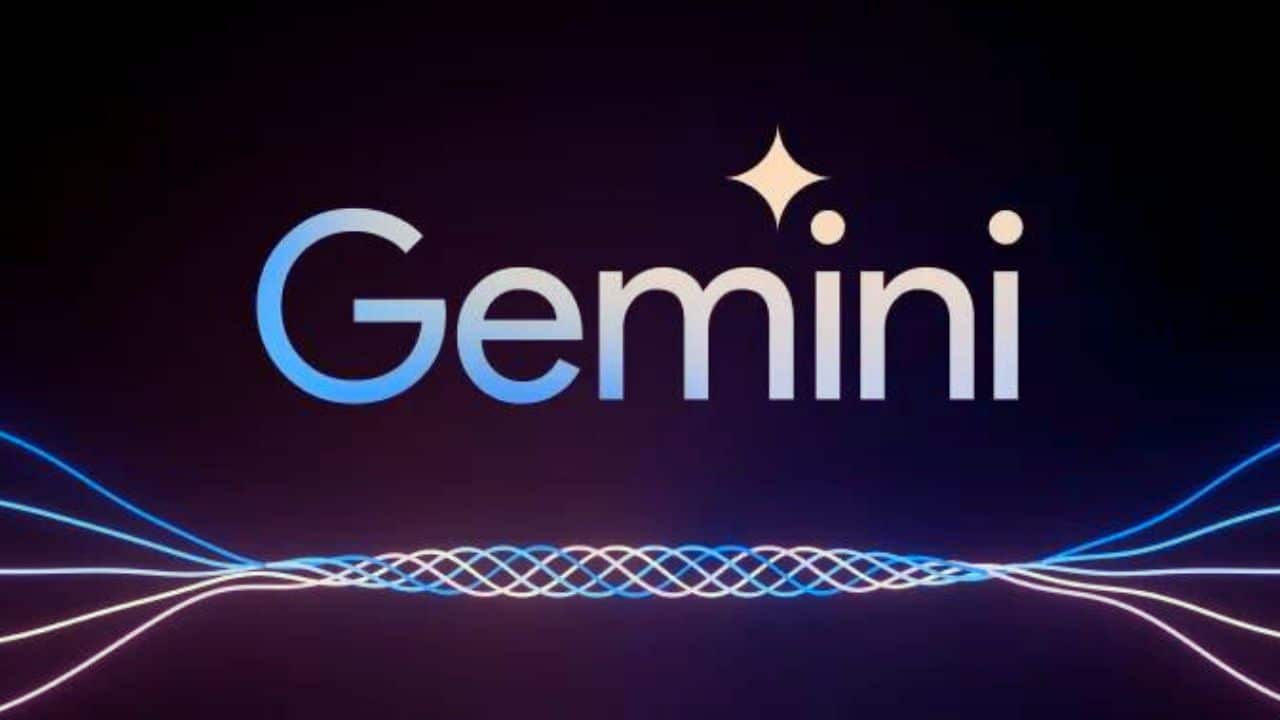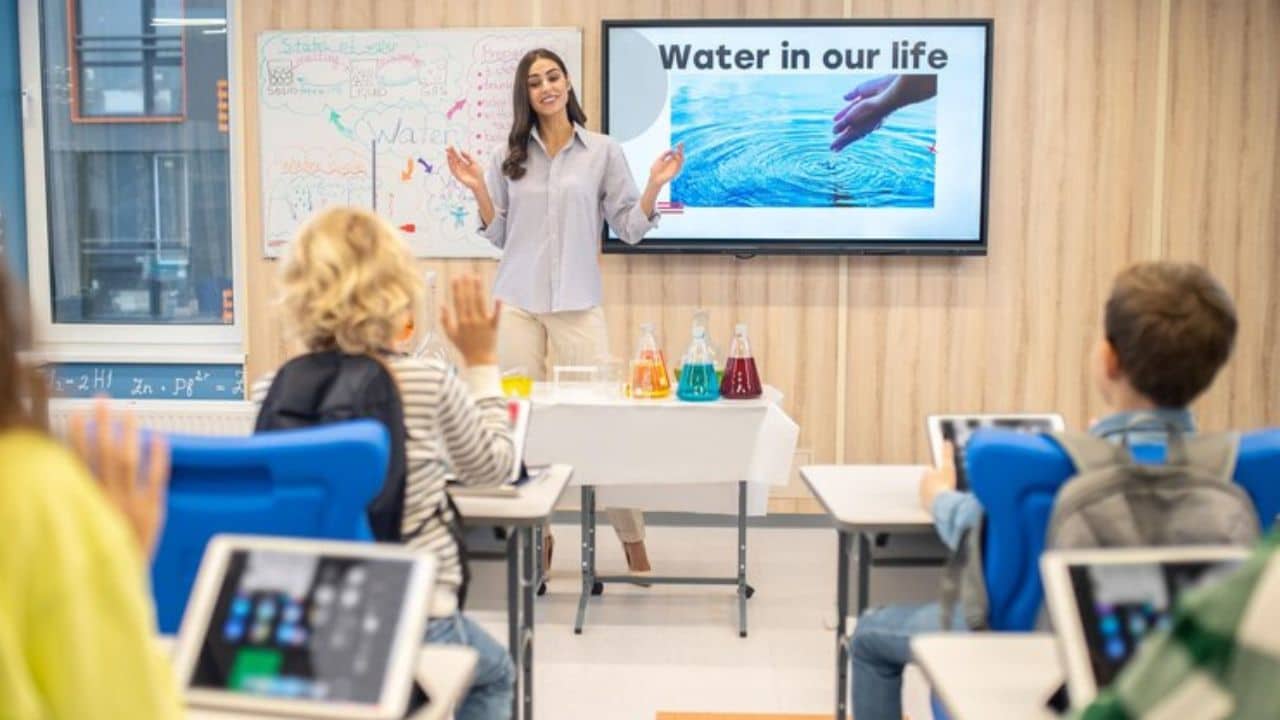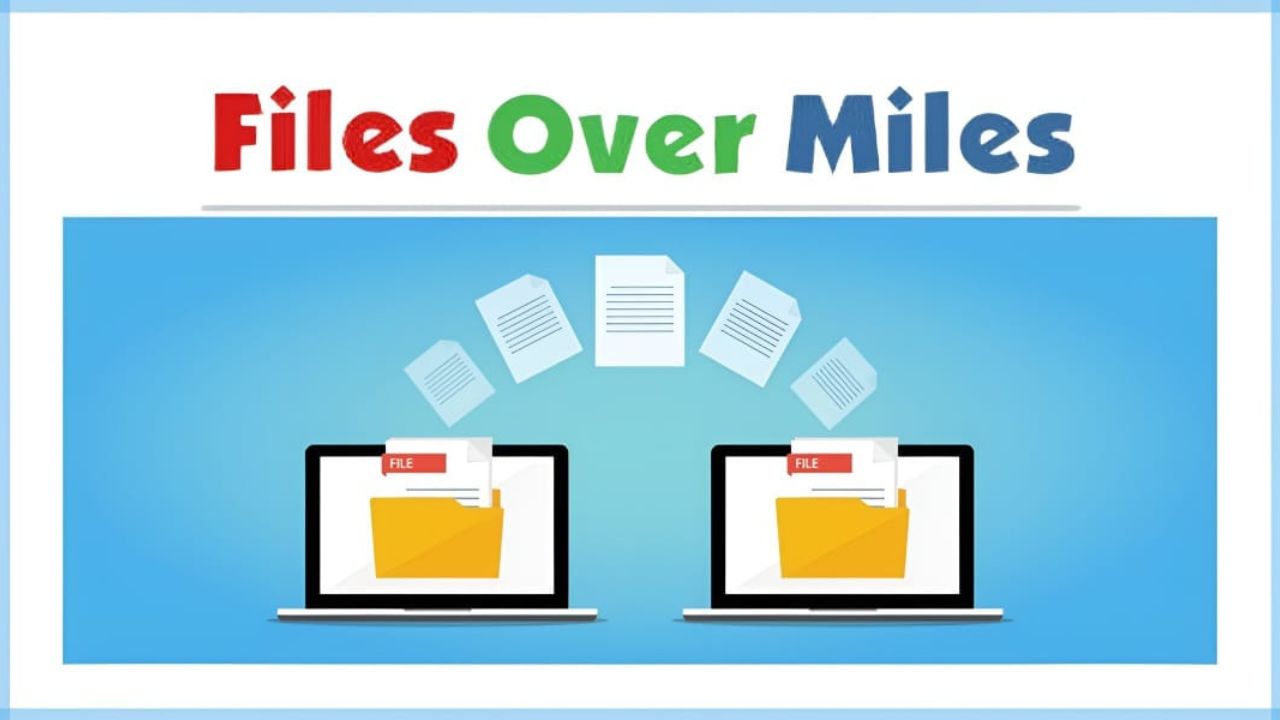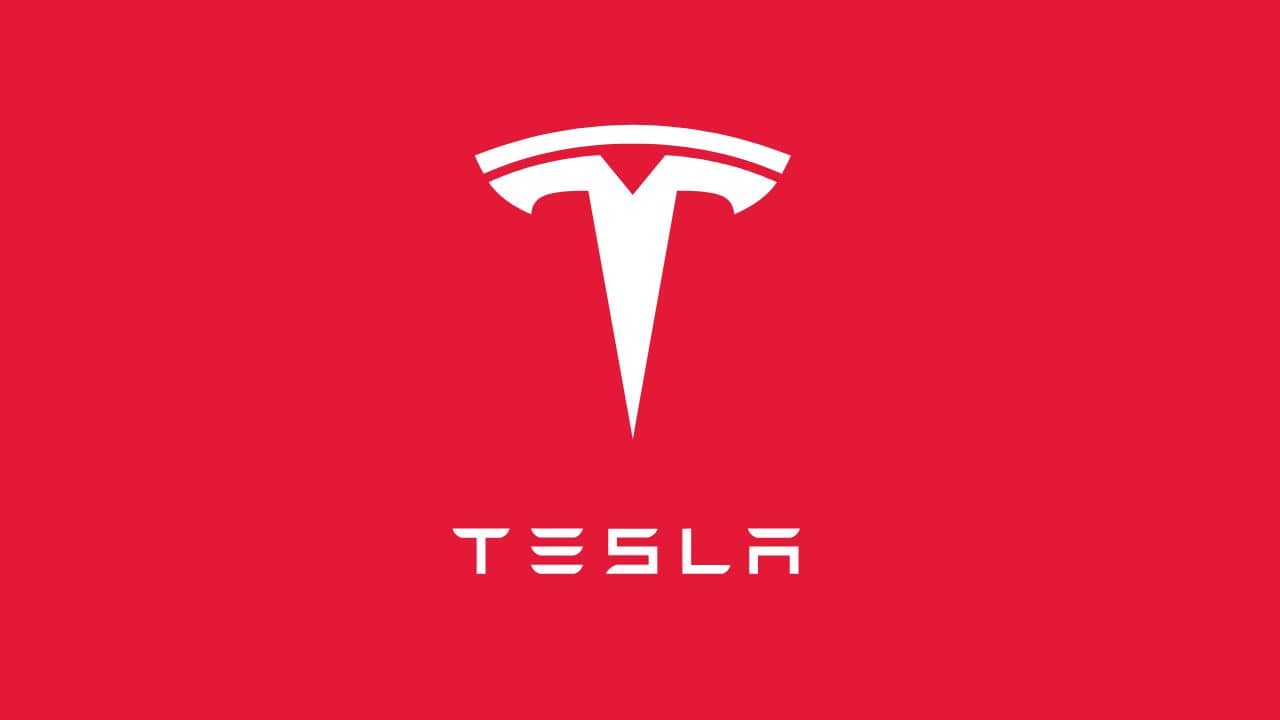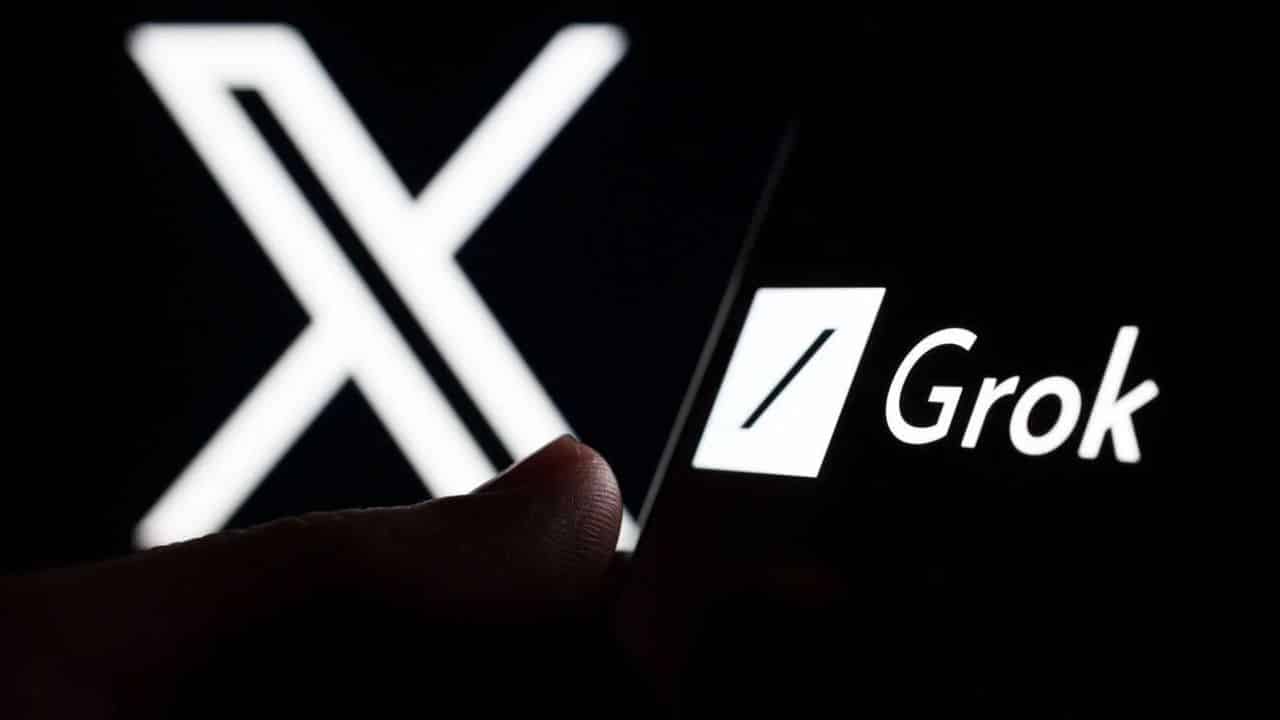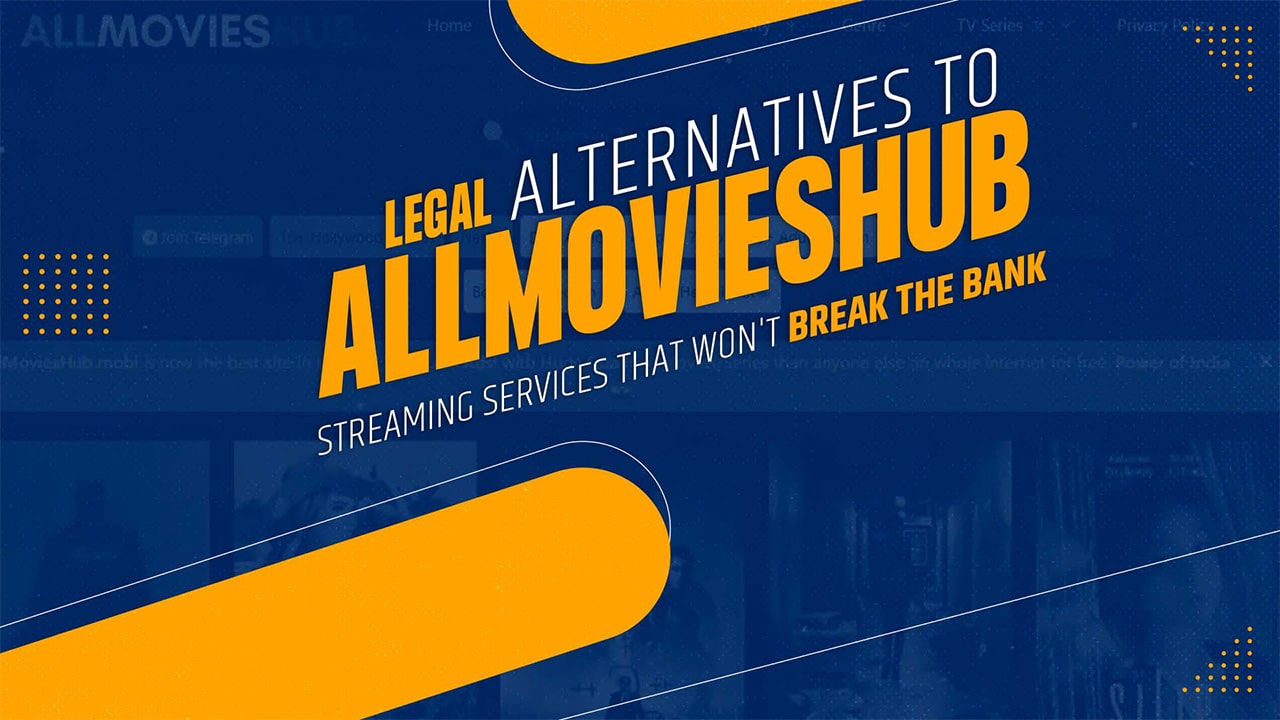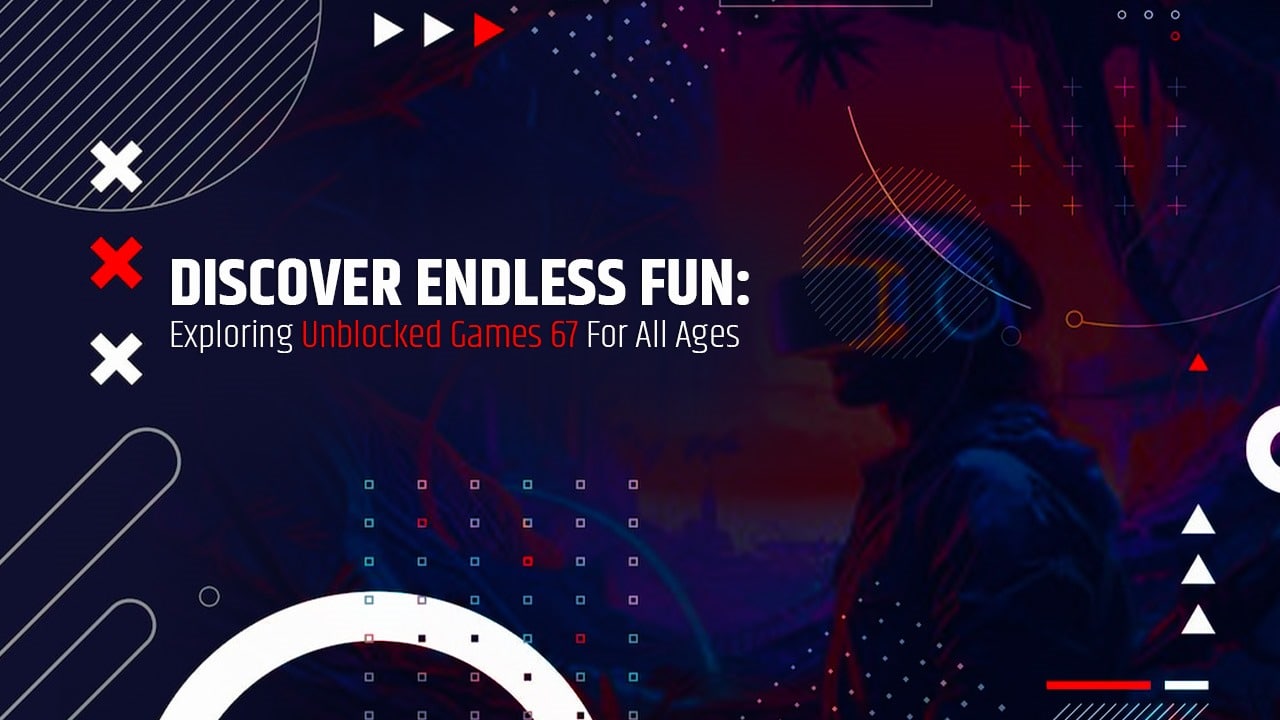Listen to Podcast:
Google is currently running tests on Bard, its competitor to OpenAI’s ChatGPT. We have also had our first glimpse at features powered by AI that are available in Google Search.
The Chief Executive Officer of Google, Sundar Pichai, made the announcement today that a group of “trusted testers” will be given early access to the Bard beta. He provided several samples to illustrate what this early experimental edition will look like.
Read More: Tech Tools for Creating Optimized Content
Because Pichai discussed it on the most recent Google earnings call, we had prior warnings that this would occur.
What Google’s AI-powered Search Features will Look Like?
Since everyone is interested in seeing how ChatGPT-style AI will work in Google Search, let’s start there.
Take a look at the image that Google gave. It demonstrates how Google Search utilizes AI to react to lengthy searches with a lengthy response produced by AI:
You can get an idea of how Google may soon integrate AI-generated answers directly into Google Search by looking at this screenshot.
“Soon, you’ll see AI-powered features in Search that distill complex information and multiple perspectives into easy-to-digest formats, so you can quickly understand the big picture and learn more from the web: whether that’s seeking out additional perspectives, like blogs from people who play both piano and guitar, or going deeper on a related topic, like steps to get started as a beginner.”
To further clarify, Bard is not affiliated with Google search in any way. The screenshot that you just looked at brings attention to the AI-powered features that are “soon” going to be rolled out on Google Search.
What Bard Looks Like?
Another screenshot provided by Google demonstrates how the company’s standalone ChatGPT-style service, Bard, may react to a question:
“what new discoveries from the james webb space telescope can i tell my 9 year old about?”
In this particular scenario, Bard is speaking to a young child about recent findings from the James Webb Space Telescope, which is operated by NASA.
Read Also: Microsoft Working on Deal to Include ChatGPT into MS Word
As can be seen, this question does not have a single response that is definitively correct.
What is Google Bard?
According to Google, Bard is a trial version of a conversational artificial intelligence service powered by LaMDA (Language Model for Dialogue Applications).
LaMDA is Google’s next-generation language and conversation capabilities, and it was introduced at the 2021 Google I/O keynote. This announcement was made two years ago. It is currently being put to use in order to provide consumers with these answers.
According to Google, Bard is driven by a lightweight model version of LaMDA, which requires “much less computing power.” Google has stated that this will enable them to scale to a greater number of people while also allowing for an increased amount of feedback.
In addition, Pichai wrote:
“Bard seeks to combine the breadth of the world’s knowledge with the power, intelligence, and creativity of our large language models. It draws on information from the web to provide fresh, high-quality responses. Bard can be an outlet for creativity, and a launchpad for curiosity, helping you to explain new discoveries from NASA’s James Webb Space Telescope to a 9-year-old, or learn more about the best strikers in football right now, and then get drills to build your skills.”
Bard is Experimental
Google made it clear that Bard is still in the testing phase, and they are looking forward to the next “phase of testing to help us continue to learn and enhance Bard’s quality and speed.”
Who are the Trusted Testers?
Google has informed that they are not the ones that rate the quality of searches. Instead, they are a group of people from outside Google that are diverse in terms of demographics and geographic locations.
The purpose of these testers is to assist Google in improving its products and better understanding the experiences that real consumers are likely to have with these products. Google stated that in order to carry out this testing, they collaborate with a third-party provider.
Also Read: Mobile App Testing
It is not clear how you and I can test out Bard before it is made available to a wider audience.
Citations and Attribution
When asked Google how it intends to provide attribution and/or citations for its replies, either from Bard or in search results, the company did not provide a clear answer. At the time this was published, Google did not immediately provide a remark on the matter.
Why We Care?
It is amazing to observe how companies that specialize in search and AI are incorporating human-like question-and-answer responses. Although it is still early, it appears that Google plans to take a strategy with Bard that is comparable to the one they took with ChatGPT. However, given that it is still early, I anticipate that the user experience and interfaces will change quite a bit in the near future.
An additional intriguing question concerns the manner in which Google might deal with attribution and citation, in particular in the context of search. Because Google has been using AI for years to develop knowledge panels, the company does not always reveal attribution for some knowledge panels. This is one reason why.
Earlier Reports
As we revealed earlier, Google has begun developing its own version of ChatGPT and is also exploring a new search interface that incorporates chat:
“When a question is entered, the search results show a gray bubble directly under the search bar, offering more human-like responses than typical search results. Directly beneath that, the page suggests several follow-up questions related to the first one. Under that, it shows typical search results, including links and headline”
Google’s official response to the news article is as Follows:
“We have long been focused on developing and deploying AI to improve people’s lives. We believe that AI is foundational and transformative technology that is incredibly useful for individuals, businesses and communities, and as our AI Principles outline, we need to consider the broader societal impacts these innovations can have. We continue to test our AI technology internally to make sure it’s helpful and safe, and we look forward to sharing more experiences externally soon.”
What about Microsoft and ChatGPT?
In the meantime, Microsoft has made significant investments in OpenAI, the company that developed ChatGPT. It has been speculated that Microsoft may incorporate GPT-4 into Bing search in some fashion in the not too distant future. And we have previously seen early screenshots of Bing’s user interface with ChatGPT-style incorporated into the search functionality.
Following the meteoric rise in popularity of OpenAI’s ChatGPT, numerous businesses, particularly those in the search industry, have begun to take these technologies very seriously.

